Opinion: Discrimination suit brings much-needed scrutiny into police culture
A K-9 officer directs a student following the Parkway North preseason football jamboree on Aug. 27, where a gunshot rang out, forcing an evacuation and causing many police officers to be dispatched to the school.
November 22, 2019
Oct. 28 was not a good day for the St. Louis County Police Department.
It marked the end of a week of testimony alleging that the department had repeatedly passed over Sgt. Keith Wildhaber, who is gay, for a promotion 23 times based on his sexuality.
After three hours of deliberation, the jury determined that it had, and ordered the department to pay nearly $20 million in damages and retaliatory fines. (Since 2010, Missouri has prohibited discrimination based on sexual orientation for public offices.)
The trial, which gained national media attention, exposes a troubling disregard for fairness among the police department’s top brass.
In his lawsuit, Wildhaber said that a Board of Commissioners member told him to “tone down your gayness” when Wildhaber asked about a promotion. Other witnesses testified about their observances of discrimination within the department as well: a deputy chief calling homosexuality “an abomination,” a captain calling Wildhaber “fruity” and “way too out there with his gayness” and a sergeant writing “gay” and the name of a supervisor next to an officer’s name on a list of candidates for a new Special Response Unit. (Wildhaber told the officer at the time; he was reprimanded by the department for doing so.)
It is incredible that Wildhaber got his day in court. It is indefensible, however, what this case has pulled back the curtains on—a culture of intolerance embedded within the top ranks of law enforcement.
Police prejudice is not a new phenomenon. Evidence of brutality and over-policing, especially in minority or poverty-stricken communities, is extremely well-documented.
What comes to surface less often, however, is the underlying systemic discrimination that goes all the way to the top.
It’s easy to understand why. Police officers are public officials, and when they screw up, it will occur in a public fashion. In this last week alone, the public learned of a 12-year-old girl killed by a police vehicle, charges being brought against two police officers who allegedly beat an officer who was undercover, a former officer sentenced for giving handcuffed passengers a “rough ride,” police failing to inform parents at a high school about a gunman arrested on campus, and an officer who has posted racist and violent Tweets for several years.
Police departments, conversely, are notoriously hush-hush about what happens inside.
That makes Wildhaber’s lawsuit a big deal. It lays bare the repugnant behavior of those we trust to keep us safe—to such an extent that many have now called for a change in leadership.
If those in power feel comfortable to act in a prejudiced manner, then that attitude will invariably trickle down to the lower ranks as well, creating a bad culture within the force.
Change needs to happen now. The police serve an important purpose—keeping the community safe. In order to do so, however, they need citizens’ trust.
Revelations like those that came out of the Wildhaber trial fracture that trust. The police department needs an overhaul, and police chief Jon Belmar, who has said he will not resign in the trial’s fallout, must then be the one to bring it about. Only when the police department has demonstrably proved its desire for cultural change will public faith be restored.






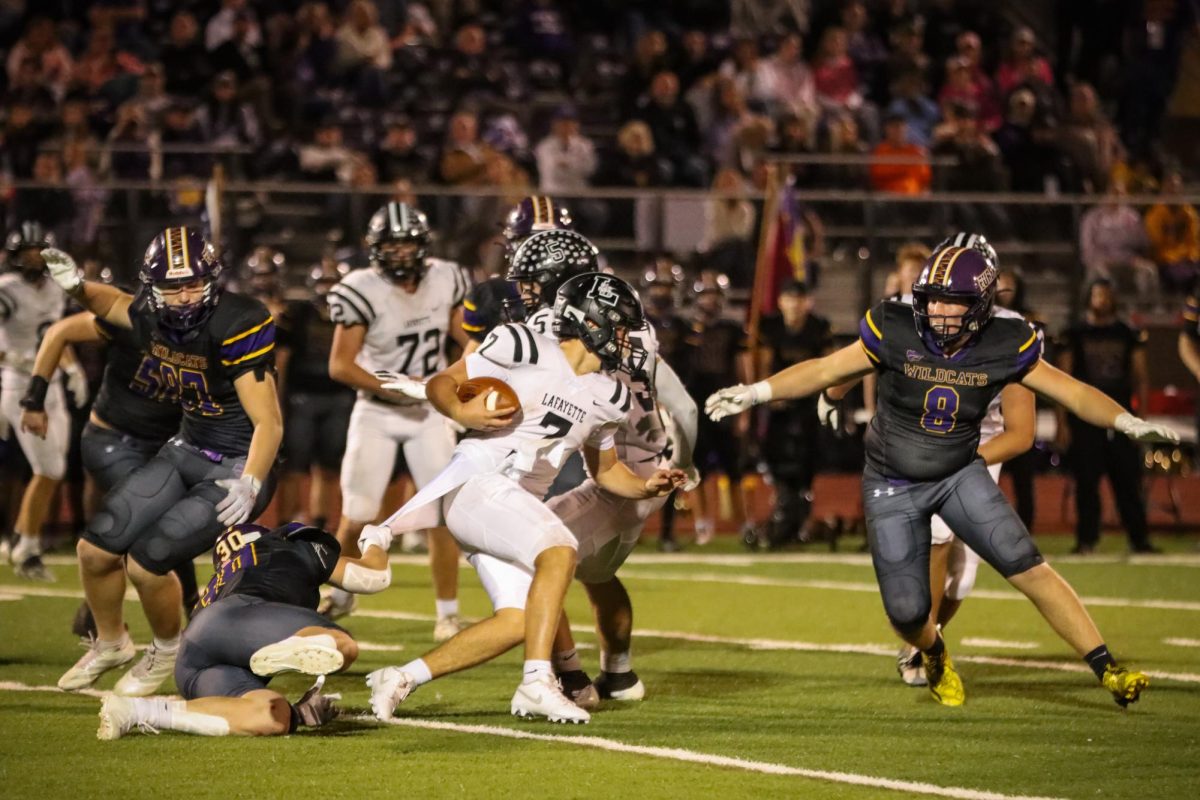
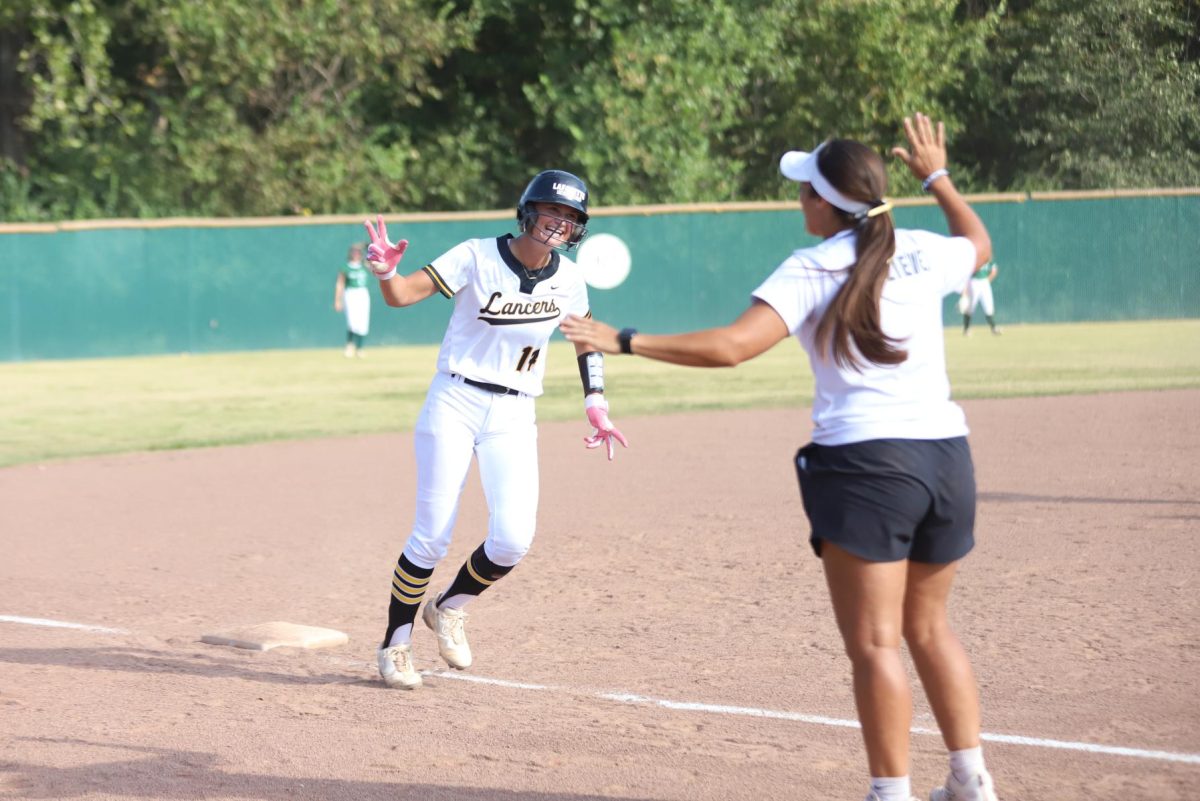
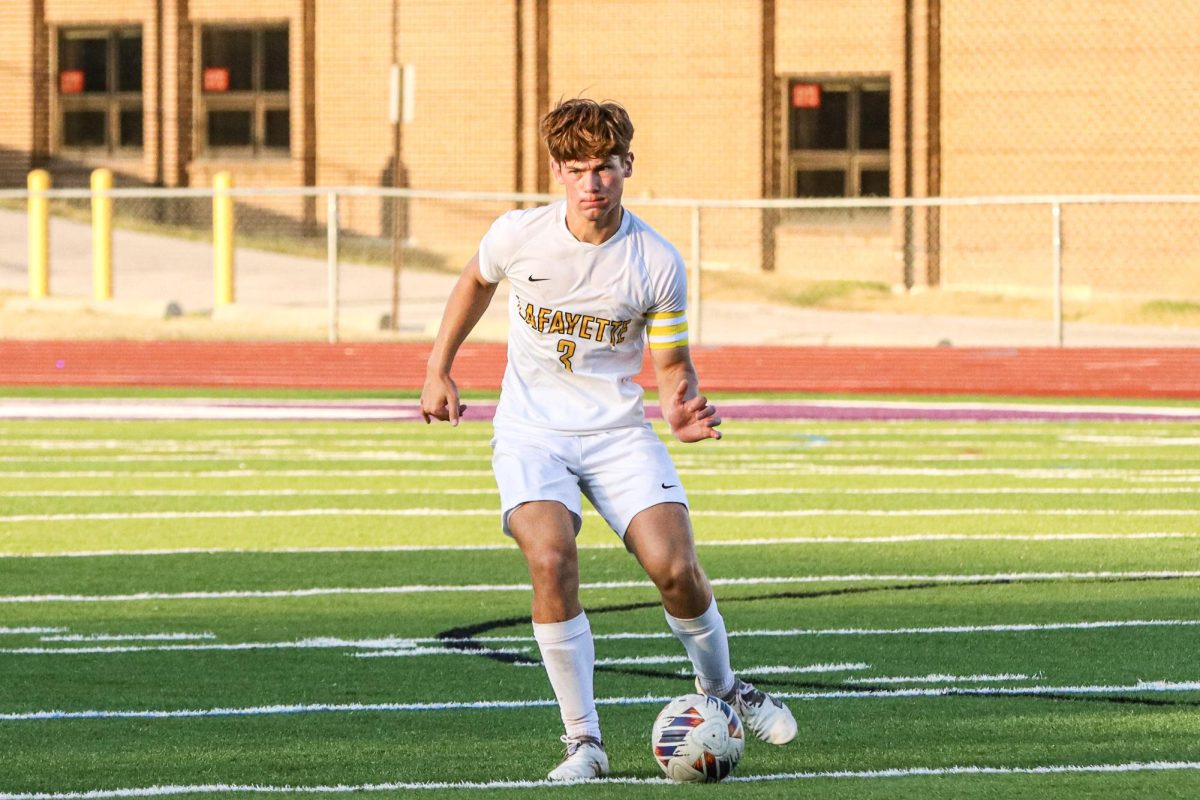
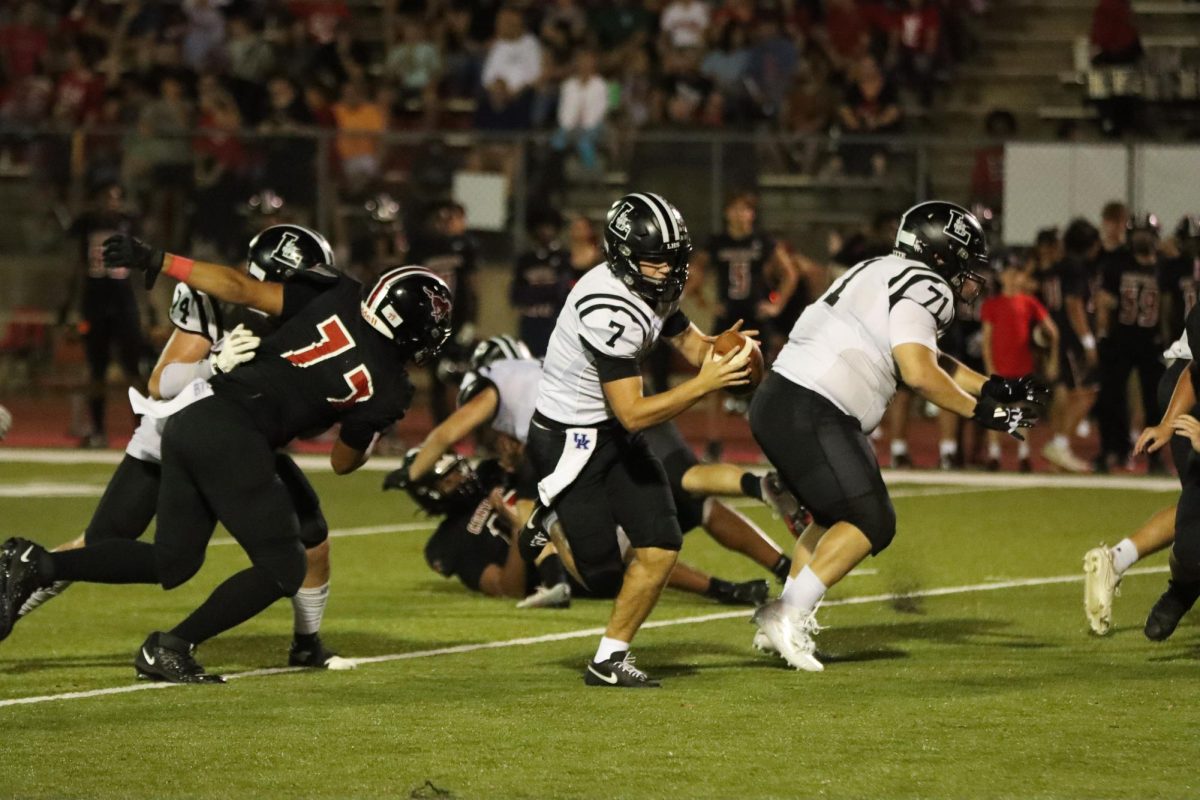

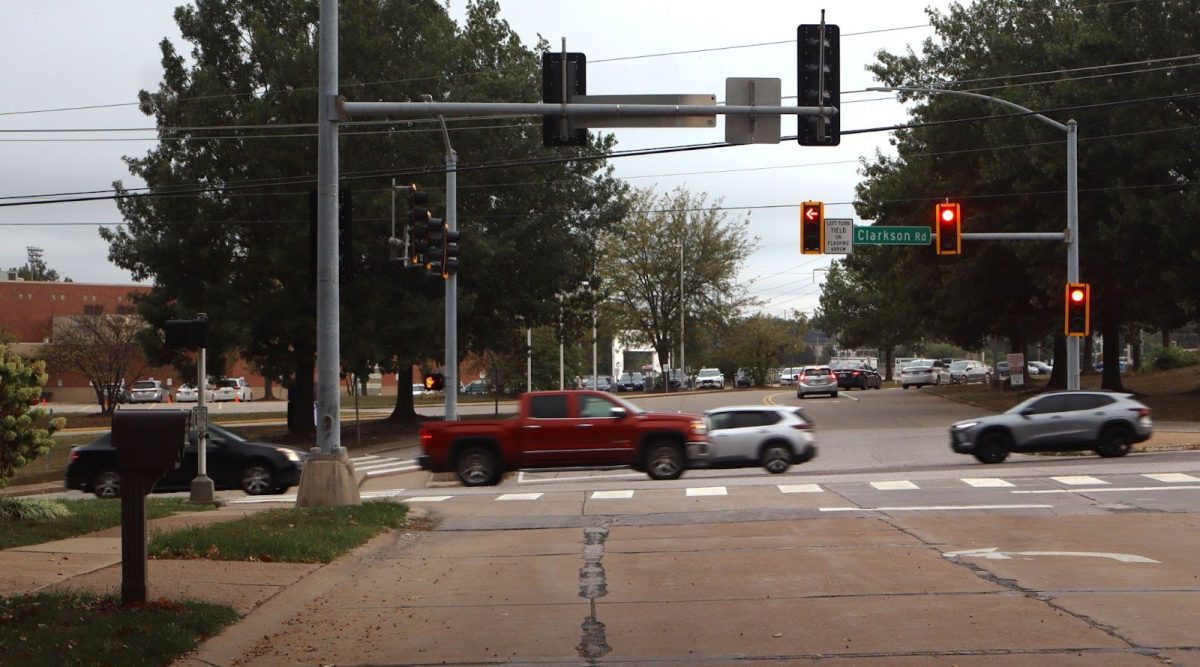


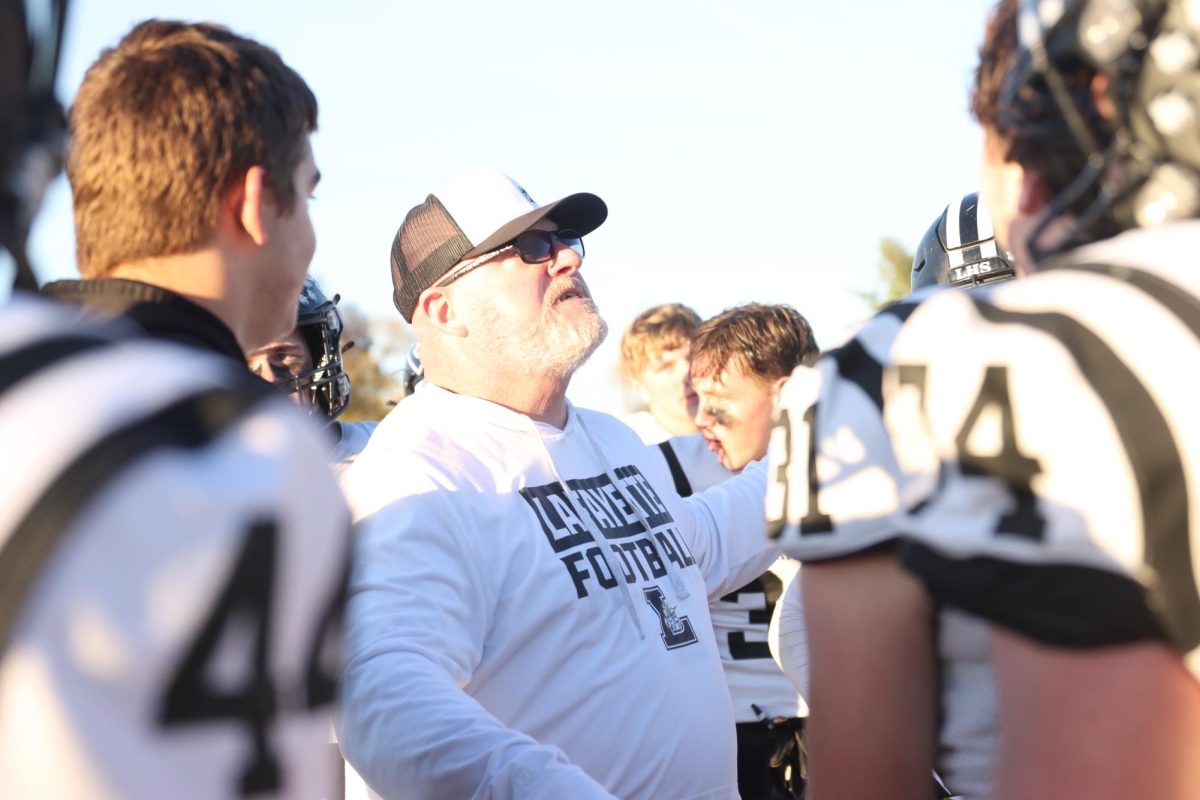





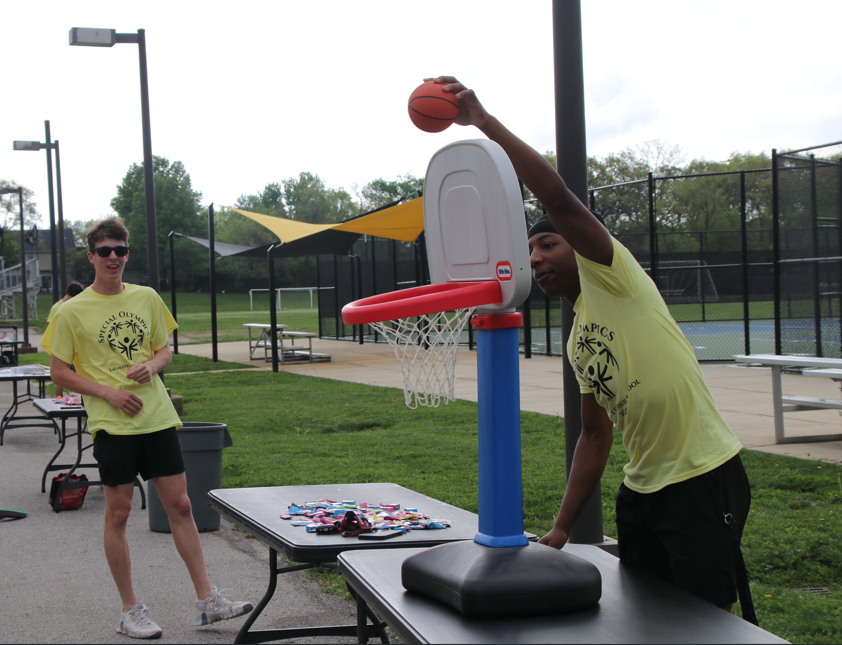












![Although being only one of the two oboe players in the school, freshman Elise Morton said she will continue playing the instrument throughout high school. “[Playing the oboe] makes me feel special because I know I'm playing a rare instrument and I love having a challenge because there’s something to improve on and get even better,” Morton said.](https://lancerfeed.press/wp-content/uploads/2024/05/Elise-Morton-Featured-Photo-300x200.jpg)

